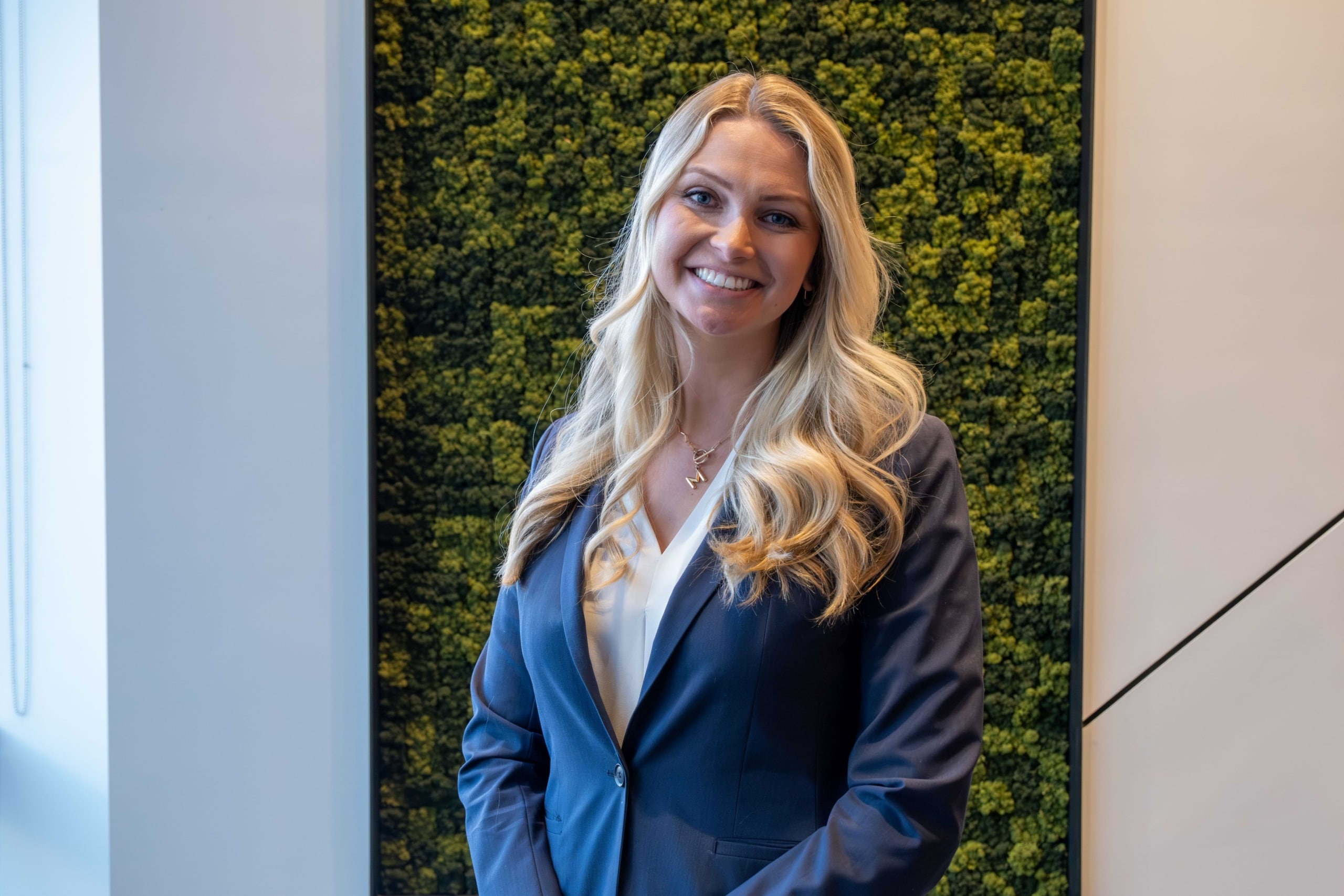When OpenAI launched ChatGPT in late 2022, it didn’t exactly take the world by storm. In fact, when I returned to the office after a long holiday break and a coworker asked if I’d tried the new chatbot, I didn’t know what he was talking about.
Here’s what happened next: ChatGPT became one of the fastest-growing services ever, amassing 100 million users by late January 2023 and igniting a generative AI boom that shaped a dynamic new landscape and influenced how most people do business.
Little more than a year later, AI touches almost every aspect of marketing — from creative concepting to coding, content marketing, social media, analytics and much more.
Along the way, I jumped headlong into the AI conversation: I joined Wray Ward’s AI leadership team and chair a multidisciplinary working group focused on AI and its role in writing and content development. Whether you believe artificial intelligence is the real deal or a fancy party trick, I’m willing to bet it’s here to stay; however, the extent to which it will or should permeate our work is wholly up for debate. You could say I’m proceeding with caution and an open mind.
That’s why I seized an opportunity to moderate a recent conversation with three brilliant marketing and technology experts from our industry. The event, co-hosted by Wray Ward and the Charlotte Regional Business Alliance, featured:
- Kelly Grogan, senior digital marketing manager, Honeywell
- Sathish Muthukrishnan, chief information, data and digital officer, Ally Financial
- Sriram Venkataraman, professor of marketing and associate dean of the MBA program, UNC Kenan-Flagler Business School
We had a fascinating discussion about the world of AI and its implications for marketing communications. Here are a handful of my top takeaways from 60 minutes with these leaders.
What is the role of AI in the future of marketing?
AI must start in the C-suite, but it can’t end there.
Artificial intelligence touches every aspect of an organization. Adoption can’t happen in a vacuum or within the walls of one or a few departments. The moment someone says, “That’s [insert department name]’s job,” you’ve already lost. Instead, AI strategy must start in the C-suite, be blessed and advocated for by leadership, but then be considered for everyone.
Ally Financial’s Sathish Muthukrishnan said, “Frontline employees have to feel that they are part of the journey.” That’s partly why, every few months, the company hosts an AI Day to expose staff to technologies and empower them to come up with use cases.
Kelly Grogan said that at Honeywell, this means embracing AI from the top down and empowering a task force to make sound decisions and ask tough questions. What are the use cases that make the most sense? How will they evaluate the results?
Muthukrishnan echoed Grogan: Though in charge of the company’s tech and digital capabilities, he said AI “is a journey that shouldn’t happen within the four walls of technology.”
AI tools hold incredible marketing potential if we know how to use them.
Grogan, who leads Honeywell’s global social media and paid media team, called AI an “amazing” innovation for the marketing industry. “Often, we’re challenged to do more with less,” she said. “I’ve seen a lot of success with derivative content, and that’s where generative AI can accelerate [our work].”
Indeed, increased efficiency has emerged as one of the most significant potential benefits of AI, specifically generative AI tools such as ChatGPT, GitHub Copilot and Midjourney (all of which we’ve explored at Wray Ward).
“AI is not here to challenge our jobs,” said Muthukrishnan. “It’s here to augment them.” He lauded AI’s ability to help humans achieve higher productivity — and shared several examples of how they’re doing just that at his company. For example, Ally marketing team members have used AI tools to combat writer’s block. But they must still “connect what they create to the company they work for,” Muthukrishnan said. AI can’t do that, but it can give already good writers a solid starting point, shortening the length of the runway to a finished product.
Meanwhile, UNC’s Sriram Venkataraman offered a glass-half-full perspective: At its best, AI is a godsend … but like any tool, it can fail. And when it does, it’s more hype than the real deal.
So what approach to AI is the right one for success? The experts’ responses can be found here in Laura’s blog.



